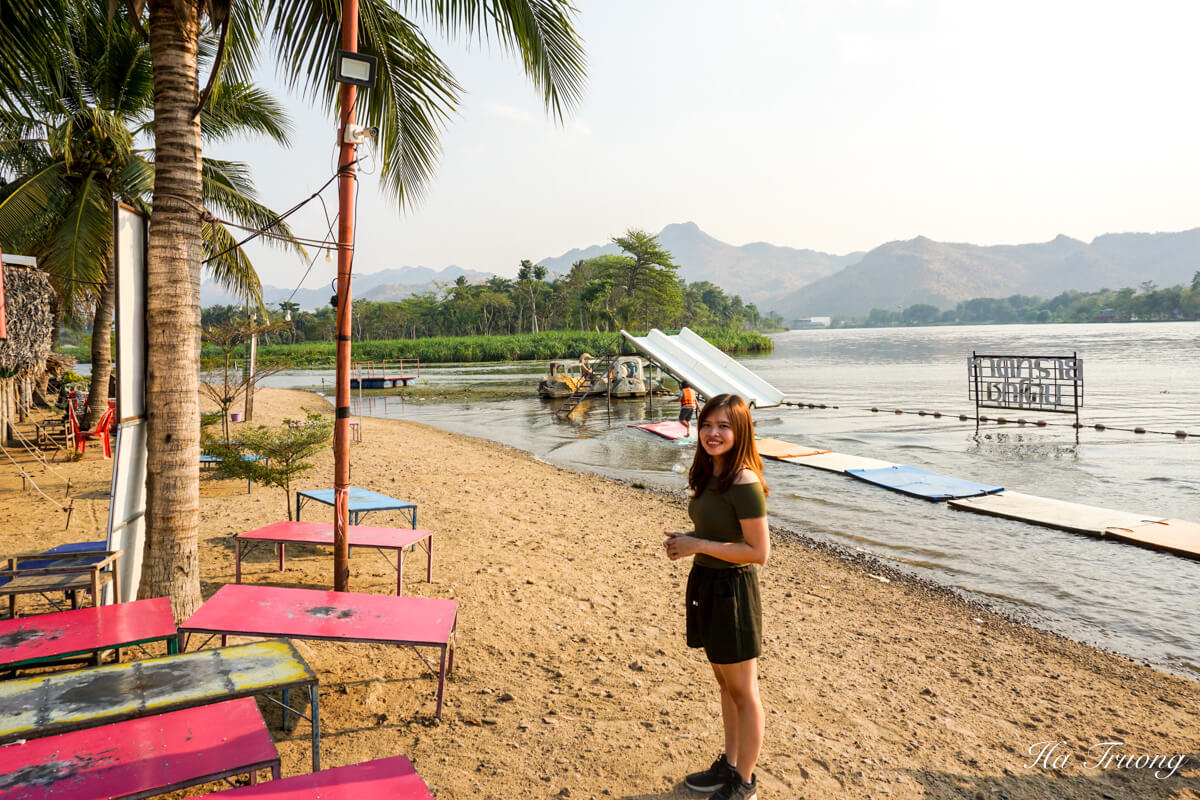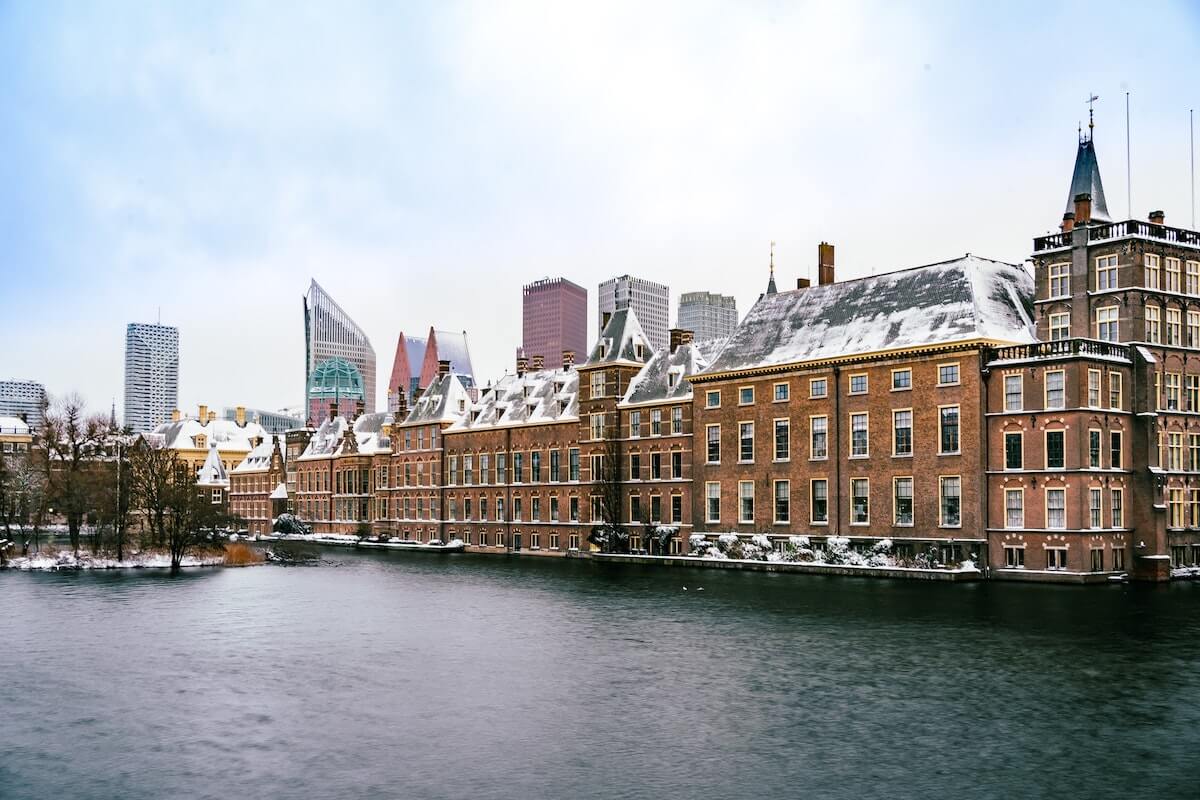Moving Abroad Checklist: 40 Things To Do
Moving to a new country will be a huge change in your life. In this guide, I share my moving abroad checklist to help you plan better.
While it can feel overwhelming, scary, and unfamiliar, breaking it down into a step-by-step process will make things easier.
You can follow these steps to get smooth sailing from start to finish!
Think about why, where, and when you want to move
Moving abroad is an exciting experience but can also be daunting if you don’t have a plan.
Before packing up your belongings and booking a one-way ticket to another country, think about your motivation to move.
Are you looking for an adventure? A chance to start fresh? To gain new skills or explore opportunities? Knowing why you’re moving will help inform other decisions down the road.
Next, consider where exactly you want to move. It could be somewhere close to home or on the other side of the world.
Either way, it should be a place that aligns with your goals and interests. Here are some of the best cities to live in Europe as an expat.
Also, you should decide when to move. Will it be in the next 6 months or next year? Or do you plan to move in a few years? Knowing the time frame will help you plan better.
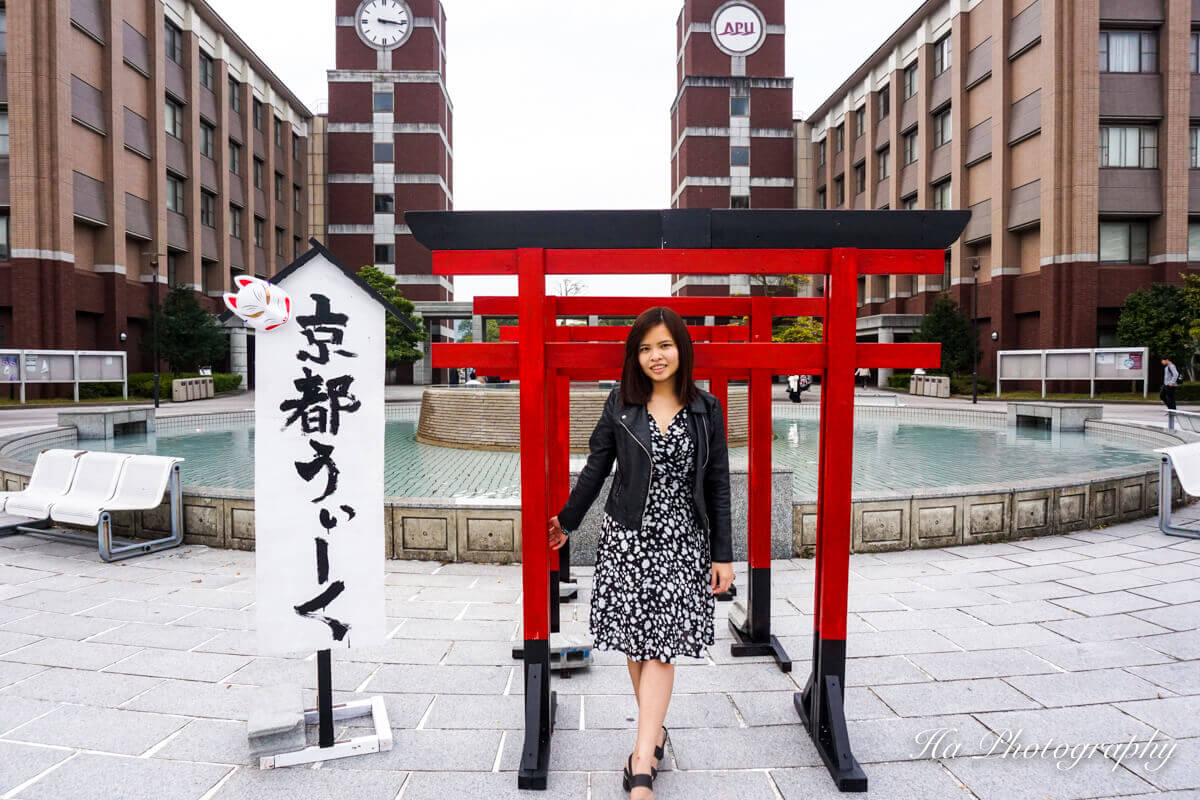
Research culture, customs, and rules
You should also research the new country to make the transition into your new home goes as smoothly as possible.
Understanding the laws and regulations of the country is essential to abide by them and avoid any penalties or difficulties.
There may also be important cultural customs, such as appropriate dress codes, respect for religious beliefs, and an understanding of how to greet people.
Knowing these things will help prevent misunderstandings or awkward moments while living abroad.
I suggest taking advantage of online resources such as websites, forums, and blogs.
Or even social media groups that discuss expat life to gain more information about what it’s like living in a foreign country. It’ll also help you overcome homesickness.
Contact international moving companies
International moving companies will make the process easier and less stressful for those looking to start a new life overseas.
These companies will have experience in cross-border relocations, storage solutions, customs clearance, packing services, and more.
They should also be able to answer any questions about living abroad and provide helpful advice.
By getting a quote, you can compare prices and services offered. This will help you get the best deal and quality service from experienced professionals who understand how complicated this transition can be.

Consider healthcare options
When you move abroad, healthcare options are one of your biggest decisions.
Every country has its unique healthcare system, so the options available may differ from what you’re used to back home. Research these systems thoroughly before deciding how best to access medical care overseas.
Knowing which plan suits your needs will give you adequate protection for yourself (and your family) if illness or injury strikes during your stay abroad.
Buy expat insurance
Expat travel insurance is similar to traditional health insurance but offers coverage for more than just medical issues.
It covers expenses related to canceled trips, lost or stolen personal items, and medical emergencies while traveling overseas.
It also provides an extra layer of protection in case something unexpected happens, such as political unrest or natural disasters in the country you’re visiting.
By buying travel insurance, you can rest easy knowing that whatever situation arises, some form of financial security will be available if needed.
Schedule doctor appointments and refill prescriptions
You should contact your doctor for a health checkup and refill prescriptions as soon as possible.
This is especially true if you take any medications or have an existing health condition that needs to be monitored regularly.
Get vaccines
Certain illnesses may not be prevalent in your home country but could be common in other parts of the world.
You should get up-to-date on all recommended vaccines before leaving, as this can help prevent you from contracting diseases that could otherwise have serious consequences for your health.
Additionally, many countries require vaccinations to enter their borders, so get the vaccines to have all the necessary paperwork when crossing international borders.
Get dental records
Getting your medical and dental records will guarantee that if something unexpected happens while you’re away, healthcare professionals will have all the information they need to help diagnose and treat any medical issues.
You can start by gathering your medical reports from doctors or specialists. For dental records, ask for a copy of x-rays taken within the last two years and receipts for any treatments received over the same period.
Tell family and friends you’re moving
Moving abroad can be an exciting experience that will shape your life.
No matter how you choose to share the news of your upcoming move, your loved ones should know where you’re going.
Telling your family and friends that you’re moving abroad doesn’t have to be complicated.
Start by setting up a time when everyone can get together so you can make the announcement face-to-face.
This way, they will understand how serious your decision is and appreciate being able to ask questions or express their concerns.
You can also tell them via phone or Skype if everyone can’t meet in person.
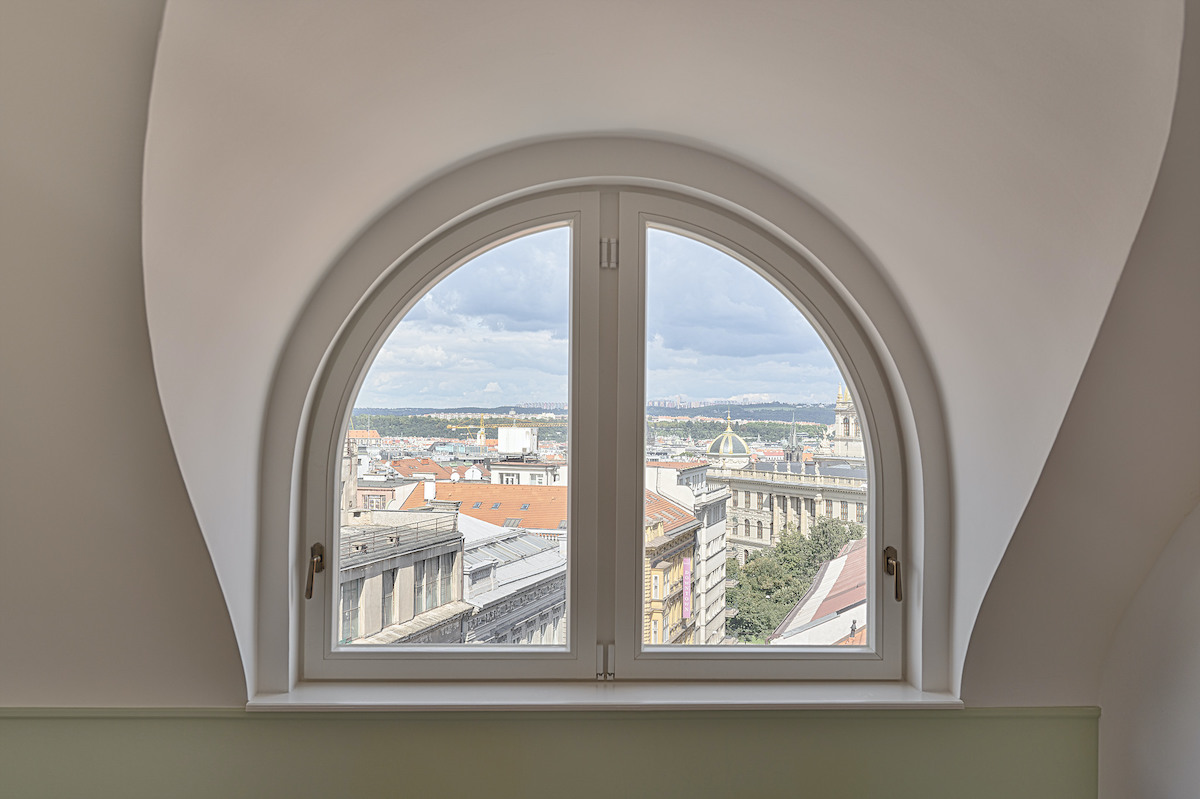
Get your documents ready
Having all your required documents will help you settle into a new country as smoothly as possible.
You’ll need these documents when opening bank accounts and acquiring healthcare benefits in your new home country.
- Birth certificates
- Marriage certificates
- Passport
- Driver’s license or International driver’s license
- Medical and dental records
- Proof of income
Have copies of all important documents
I highly recommend having copies of all your documents before you leave.
Not only in terms of the paperwork associated with relocating but also for any legal and financial obligations you may have in your new country.
Keeping digital and physical backups will give you peace of mind knowing that your essential documents are safe at all times before, during, and after your move abroad.
By having offline copies, you always know that even when internet access is unavailable, you can still get hold of whatever documentation is needed.
Digital formats are ideal for sending information quickly to authorities or other organizations if required.
Prepare your finances
Your financial checklist should include setting up emergency funds, checking pensions, sorting out banking, and getting some local currency.
It’s also important to research the cost of living in the country you’re moving to plan and create a budget for yourself.
When preparing your finances for a move abroad, it’s best to start early so everything is taken care of before your departure date.
Research living expenses
Researching living expenses involves looking into the cost of accommodation, utility bills, public transport, groceries, and entertainment.
Depending on where you’re moving, these costs may vary significantly. Therefore, getting an accurate idea of how much money you’ll need each month is important.
Plan your budget
A well-thought-out budget can help prevent financial difficulties and give you enough money for all your expenses in your new home.
When planning your budget, consider all possible relocation costs.
This includes transportation fees, accommodation expenses, visa processing fees, applicable taxes or service charges, necessary insurance coverage, and more.
Additionally, consider the cost of setting up utilities such as electricity, water, and other living essentials.
Knowing exactly what you need to pay for will help determine how much money to set aside before moving.

Build up your emergency fund
When moving abroad, creating an emergency fund is the first step toward financial stability.
This means setting aside monthly money to form a safety net to help cover unexpected costs. You will feel less stressed with this extra cash.
Check pensions (if applicable)
No matter where you go, financial security can make life much easier for you and your loved ones.
Pensions are an important part of that – they provide a regular income and help you have enough money to live comfortably in your new country.
So check your pension if you have one and plan accorrdingly.
Sort out banking
A big part of settling into your new home abroad is setting up a bank account and getting credit cards.
Good banking services can help you manage your finances and make it easier for you to pay bills.
I recommend researching local banks and the fees associated with opening an account.
Compare different options for credit cards, and identify if any paperwork is necessary or extra steps must be taken. And don’t forget about currency exchange rates too!
Get some local currency
Having cash on hand can make settling into your new home much easier.
For starters, you can pay for necessities like food and transportation.
Plus, you can tip service workers, such as waiters or taxi drivers; it’s considered polite in many countries worldwide.
Check tax laws
Familiarizing yourself with local tax laws is critical for anyone looking to move abroad.
In many countries, there’re different rules for long-term residents versus short-term visitors regarding taxation.
You should know what taxes you must pay to the local government, when they are due and how much money you owe.
Also, learn about exemptions or deductions that may apply to your situation. Knowing these things upfront can save you from making costly mistakes later on down the line.
Find jobs abroad
Finding jobs abroad can be a great way to make money and gain new experiences. It could even lead to finding your dream career.
Today, it’s easier than ever to search for jobs abroad. With the help of job boards and websites dedicated to helping expats find work, you can quickly narrow down your options and start applying right away.
Companies worldwide are looking for skilled foreign workers with unique perspectives they wouldn’t otherwise have access to.
Whether you’re looking for full-time or part-time employment, something out there fits your skillset and lifestyle.
Before you start your job hunt overseas, familiarize yourself with any visa requirements or restrictions that may apply to the country where you plan to work.
Apply for a visa and work permit
Applying for a visa and work permit is one of the key steps for anyone who wants to move abroad.
A visa allows people from one country to enter another legally.
At the same time, a work permit is necessary to gain employment in a foreign nation.

Plan your living situation
Taking the plunge and living in another country is no small decision, as it requires a lot of preparation and planning.
Planning your living situation includes selling your existing accommodation and taking photos when moving out.
Plus, book a short-term rental and search for what kind of housing is available in the new area you’re going to reside in.

Sell your existing house/ apartment
When you and your family are ready to move abroad, selling your existing house or apartment can be a great way to start a new life. It will provide additional funds to help with your transition costs.
Book a short-term rental
Short-term rentals are affordable and provide all the necessary amenities for an enjoyable stay.
Not only do they offer flexibility, but short-term rentals will also help you save money and time when searching for long-term housing options.

Research housing options abroad
Moving abroad requires careful planning, and researching your housing options should be at the top of your list. Consider the below points when doing your research.
First, determine how much you can afford each month and other expenses such as utilities and fees.
Second, consider the environment best suits your needs. Do you prefer living in a lively city center or a quiet suburban area?
Finally, find out what amenities are available in the neighborhood, such as public transport links or grocery stores.
Take photos when moving out
Before packing up all your belongings and leaving your old home, there’s one thing I suggest doing: take photos!
Taking photos of the space you’re leaving behind can be a worthwhile experience during the moving process. It helps preserve the memories associated with your life transition.
In addition to giving yourself something to look back on fondly, these photographs can also be used as reference points for future design decisions that may arise in your new life abroad.
Make travel reservations
Having transportation and accommodations booked before you leave can make the transition smoother and help reduce stress.
Research airline tickets and hotel options as soon as possible when you know you’ll be moving abroad.
Some airlines have cheaper fares at certain times of the year or offer discounts for students or seniors, so it pays off to shop around.
Booking ahead can also ensure that all necessary documents, like visas or passports, are valid in time for your departure date. Taking care of these details beforehand eliminates any potential delays during transit.

Learn the language
Learning the language is essential whether you plan to study or work overseas.
Good communication will help you soon adapt to the new environment and life in a new country.
Having a good grasp of the local language will give you an advantage in day-to-day communication and activities.
You’ll be able to understand instructions better, ask for help, shop for groceries, find directions and connect with locals more easily.
Plus, being proficient in the language will make it easier to land a job or attend university courses if that’s part of your plan.
Having a good command of the language helps bridge cultural divides, and open doors that might have otherwise been closed off had there been any communication barriers.
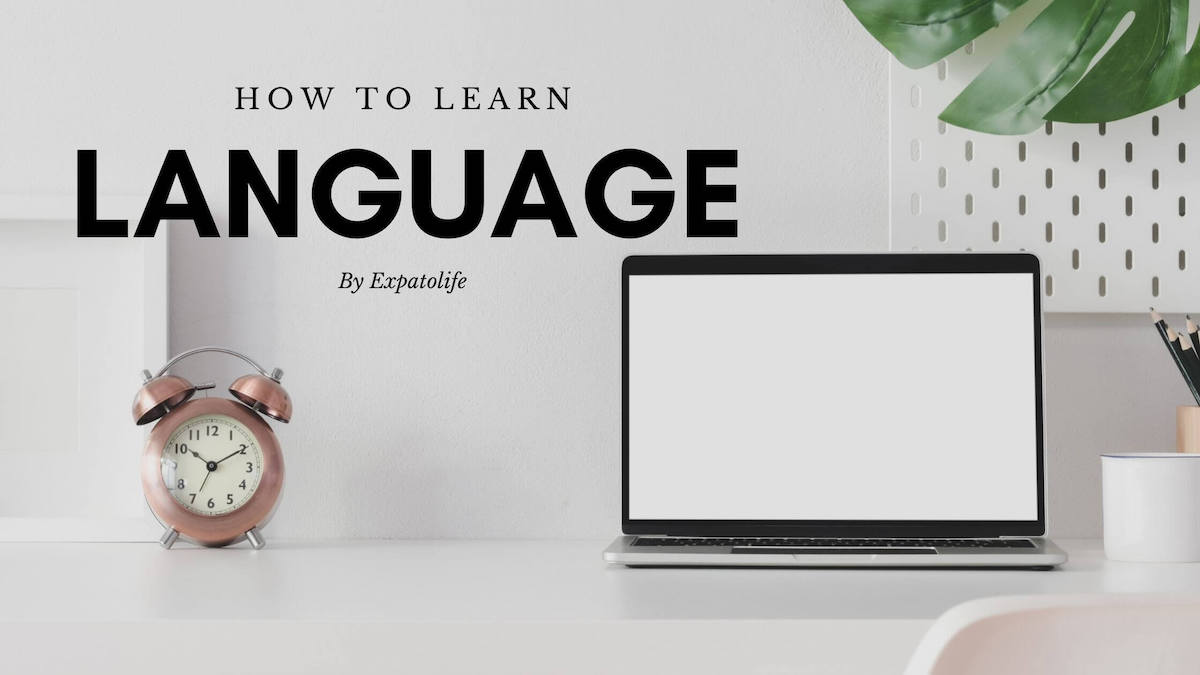
Unlock your phone
Next, don’t forget to unlock your phone before you move abroad so it’s compatible with the new network provider.
This will give you access to local data plans, which are often much cheaper than international roaming fees, giving you more bang for your buck!
It also makes it easier to contact you and avoids expensive international calls or texts.
Also, if something goes wrong with your current device while traveling overseas, being able to switch providers and use a new one with minimal hassle can be a huge help and prevent potential headaches down the road.
Start packing
Starting the packing process early is essential if you plan to move overseas.
Packing can be daunting; if done too late, it can cause unnecessary stress before moving day.
Planning and preparing your belongings for the big move will help everything goes according to plan.
Decide what to keep or sell
Before you go, decide what belongings should make the journey with you and which household goods you should part ways with.
Consider the size of your new home and the storage space available for your possessions.
If space is limited, especially in comparison to your current abode, selling some belongings may be the best option.
On the other hand, if you plan on returning home at some point or visiting regularly, keeping items in storage may be more convenient than repurchasing them when you return.
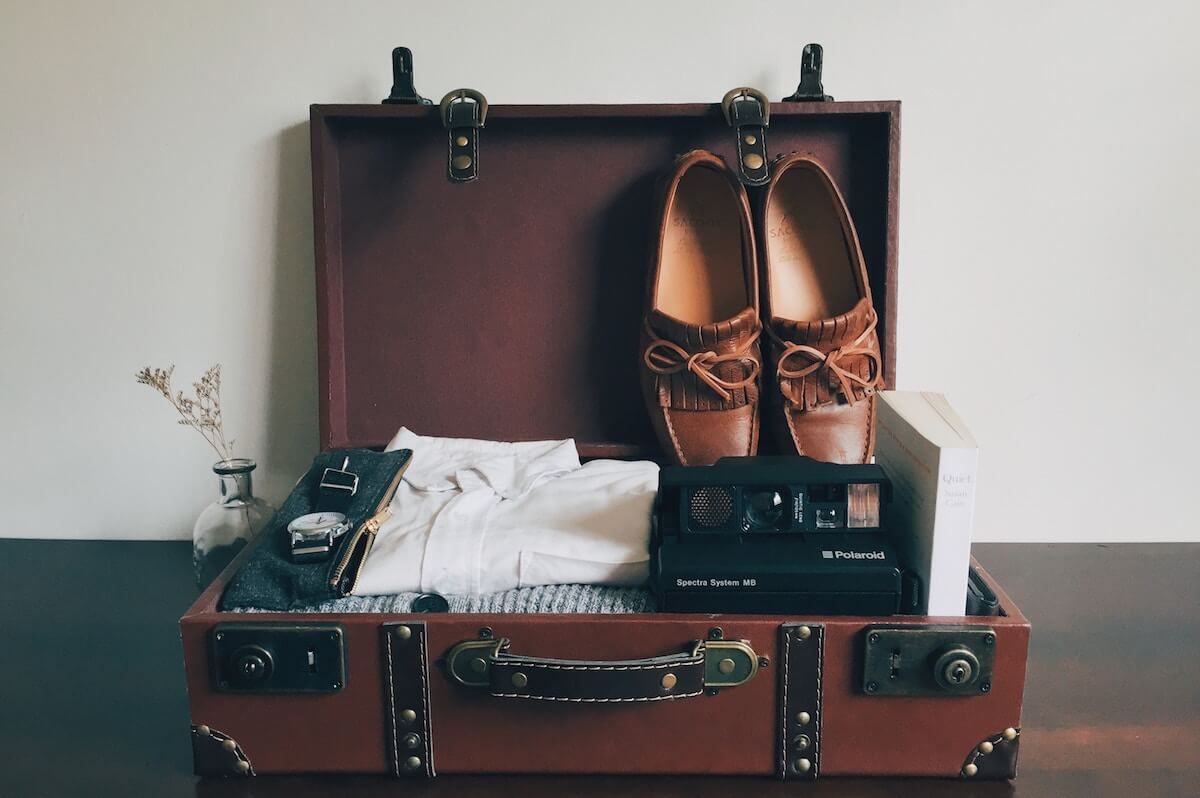
Look into storage options
This will help you decide what to bring or store safely until you return home.
Finding the right storage solution will depend on how long you plan to be abroad and how much space you need for your belongings.
Assess your options carefully to find secure and affordable storage for your household goods.
Self-storage units are popular thanks to their flexibility and convenience. Still, other options exist, such as renting out extra space in another person’s home or using furniture rental services while away from home.
Pack and ship what you can’t carry
This may seem like an extra step, but it can be highly beneficial in the long run.
Instead of having to lug around heavy boxes on airplanes, trains, or buses – it’s much easier to mail them ahead of time.
Packaging services generally offer various sizes of boxes, making it easy if you have delicate items like artwork or fragile kitchenware that need special care when transporting.
Plus, professional shipping companies provide tracking numbers so you can keep track of your packages as they make their way overseas.

Buy necessary products you can’t find abroad
Finally, buying essential products before moving overseas will make the transition smoother and help you feel more prepared for the adventure ahead.
Research what items may not be available in your new country or are more expensive than in your current location.
Make a list of these items, so you know exactly what to buy when shopping at home before moving overseas.
Cancel your subscriptions
Before you make the big move, cancel any subscriptions or memberships that aren’t transferable.
Whether it’s your gym membership or streaming services like Netflix and Hulu, any subscription that can’t be used in the new country should be canceled before you leave.
Canceling these services prevents unnecessary billing charges and secures your personal information in case of identity theft.
Plan your farewell party
Moving abroad is an exciting experience and a great adventure. Still, it can also be difficult to say goodbye to all of your loved ones.
One way is to plan your farewell party so everyone can wish you well on your new life abroad and exchange meaningful goodbyes.
Your farewell party doesn’t need to be extravagant or expensive – it can be as simple or elaborate as you like.
You could organize a potluck dinner at home, plan a picnic in a nearby park, or even just gather together over coffee or drinks.
After moving abroad checklist
After you have settled into your new home, the next step is to take some steps to make your life abroad more enjoyable and meaningful.
Verify all items were unpacked
Take the time to double-check that all items were unpacked so you won’t worry about missing possessions.
It will give you peace of mind that nothing was left behind or lost in transit during your move.
Open a new bank account
Think of the financial aspects of your move. Having access to a local bank account can make life much easier, particularly if you’re planning on staying for an extended period.
With a local bank account, you can easily pay bills and manage your finances without worrying about currency conversion rates or international transfers.
You’ll also have access to services like debit cards and online banking, which will simplify everyday purchases and day-to-day transactions.
Find housing
There’re many options for finding housing in a foreign country, from renting a home or apartment to staying in a hotel or hostel while looking around.
Knowing where you’ll be living gives you a sense of security and stability.
I recommend researching your area online. This can give you an idea of what kind of housing is available and its cost. You can also reach out to local expat groups on social media for advice on where to stay or rent in the area.
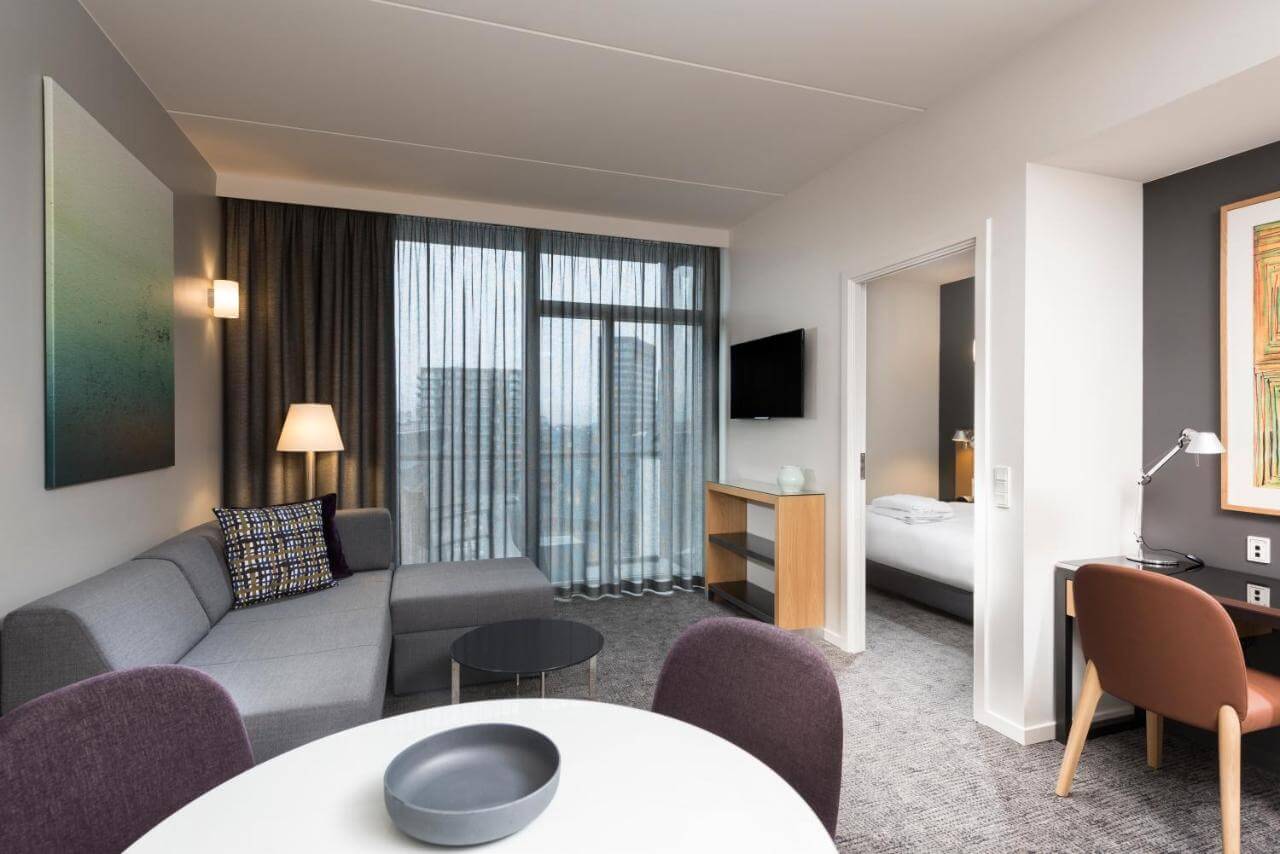
Set up phone and utilities
You should do this quickly so you can focus on all the other aspects of living abroad.
The process for setting up your phone and utilities will vary depending on where you are, as countries have different regulations.
In general, most places will require proof of address or identification. Depending on the country, this could include a passport or driver’s license.
Check the nearest hospitals and pharmacy
After settling, I highly recommend checking the nearest hospitals and pharmacies.
Having access to medical care is paramount for anyone living anywhere. To prepare for any eventuality, locate the closest healthcare facilities in case of an emergency or illness.
You can ask locals or search online for their addresses and contact information. This will also help find out what services they provide and their opening hours. Knowing which pharmacy stocks your prescription medications will also save time when you need them quickly.
Let your family and friends know your address
Keeping everyone informed of your new contact information should be easy as long as you have access to an internet connection or a phone line.
Send out individual e-mails or text messages so that each person gets accurate details about your new address.
You can also provide them with relevant contact information like your e-mail address or phone number.
Tour the city
Exploring a new city will give you an understanding of its culture and history and insight into what kind of lifestyle awaits you in your new home.
There’re so many ways to tour the city- walking, bus, bike, so there’s something for everyone! A walking tour will allow for more scavenger hunt-style exploration.
In contrast, an organized bus tour may provide information about specific sites or landmarks that would otherwise be difficult to learn.
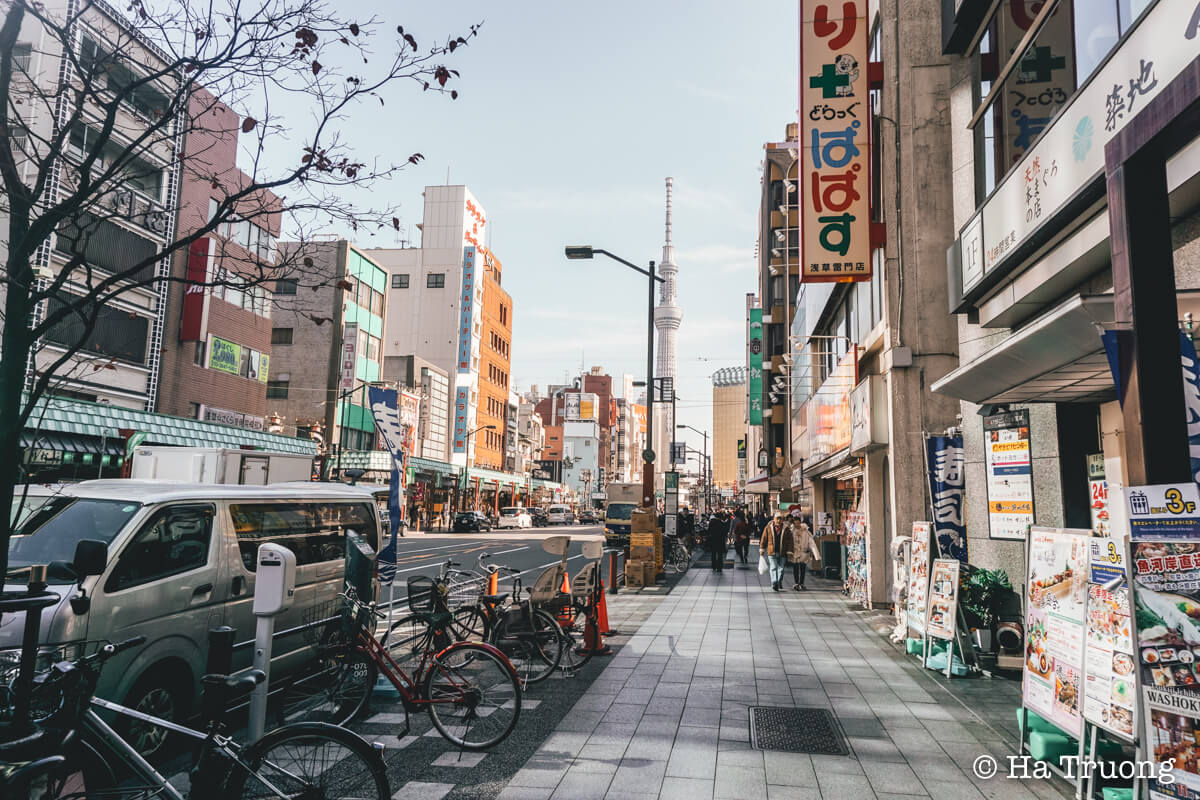
Meet new people
Once you settle in your new country, it’s time to make some new friends. Not only will it widen your circle of friends, you’ll also learn about the culture and living styles and have networking opportunities.
You may even have a language buddy as well. Check out my tips for making friends abroad.
